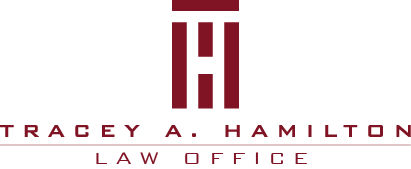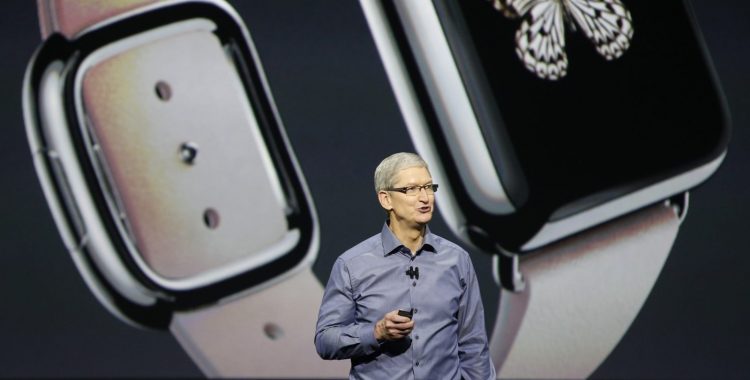Why Jamaica knows about Apple’s new products before the rest of the world
Apple’s product launches are notoriously secretive, but the Cupertino, California tech giant is sure to do one thing ahead of a big reveal: file trademark paperwork in Jamaica.
The tech giants are exploiting a US trademark-law provision that lets them effectively claim a trademark in secret. Under this provision, once a mark is lodged with an intellectual property office outside the US, the firm has six months to file it with the US Patent and Trademark Office (USPTO). When the firm does file in the US, it can point to its original application made abroad to show that it has a priority claim on the mark.

Where Tech Companies Register Trademarks Before the US.
The specific provision that the tech giants are using is section 44(d) of the US Trademark Act, according to former USPTO trademark examiner Roberto Ledesma, who first wrote about the mechanism. Some companies avail themselves of section 44(d) more than others. Apple, for example, has lodged more than three times as many foreign trademark filings as Google, the next in the ranking. Quartz has reached out to Apple to comment on its overseas trademark filings.
Not many firms use this provision, though. The expense makes it worthwhile only for the world’s biggest tech companies. “I haven’t seen this technique applied in a really pervasive way—I think it’s quite an obscure approach,” says Madhani of Alt Legal. “It’s generally going to be used by companies with real legal resources … and the willingness to spend to protect something for six months.”
But in the world of tech, six months is a serious advantage. And companies like Apple can afford to file for trademark protection in Jamaica, pay taxes in Ireland, and create global data distribution networks that are beginning to transmit more traffic than the internet itself. When it comes to Big Tech, national borders appear to be reduced to just another bureaucratic hurdle that tech companies can vault—but where few others can follow.
Source: http://qz.com/808846/why-jamaica-knows-about-apples-new-products-before-the-rest-of-the-world/

